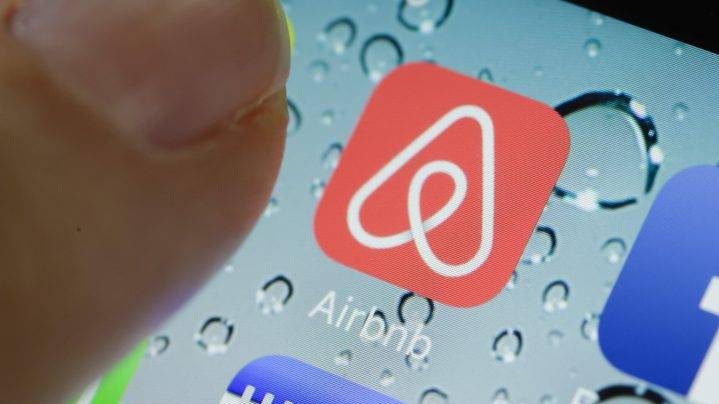The City of Vancouver says it has issued more than 4,000 short-term rental licences in its bid to regulate the industry.

So far, the city says it has begun enforcement on 3,600 case files involving suspected illegal short-term rental operators.
It says it has collected $113,000 in tickets and $62,000 in fines through the courts.

The city says it has seen one of the highest licence compliance rates in North America, with an estimated 73 per cent of operators obtaining a licence.
It also says that more than 2,000 units have been delisted from short-term rental sites, and that in the last year it has issued more than 2,100 long-term rental licences, more than 80 per cent of them in individual condo units.
The city says its focus for next year will be on expanding strata partnerships and cracking down on commercial and fraudulent short-term rental operators.
It says people who make false declarations on their business licence application may be subject to prosecution.
The numbers come a day after short-term rental giant Airbnb announced that it had collected about $43 million in provincial sales tax (PST) and municipal and regional district tax (MRDT) in one year.

Nearly $34 million came from PST, which has been remitted to the provincial government, where it is to be used to fund affordable housing. The remaining $9.2 million of MRDT is allocated to B.C. municipalities to fund tourism outreach, $3.5 million of which will go to Tourism Vancouver.
On Wednesday, Vancouver city council voted to write to the provincial government to request a framework to share a portion of the PST revenue.
READ MORE: If you rent an Airbnb in B.C., you may be about to pay 11 per cent in taxes
The City of Vancouver says it has also been working to form partnerships with stratas in order to prevent about 6,500 units in 18 buildings from becoming short-term rentals.
“While our short-term rentals program is still new, we’re seeing it make a positive impact on housing in our city,” said Mayor Kennedy Stewart in a media release.

“But until our vacancy rate improves, short-term rentals should only be in a person’s principal residence, and we will be reaching out to listing platforms and the province to ensure our regulations are followed.”
READ MORE: City of Vancouver moves to ban Airbnb in secondary homes
Under the city’s bylaw, short-term rental hosts can only rent out their principal residence or single rooms, and must display a valid permit number on their listing.
- RCMP disputes claim of agreement over Surrey transition in leaked letter to solicitor general
- ‘Racialized police brutality’: Indigenous leaders decry Vancouver arrest caught on camera
- Family hopes B.C. teen’s devastating crash spurs motorcycle safety
- Feel-good Friday: Global BC’s highlights of the week




Comments